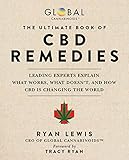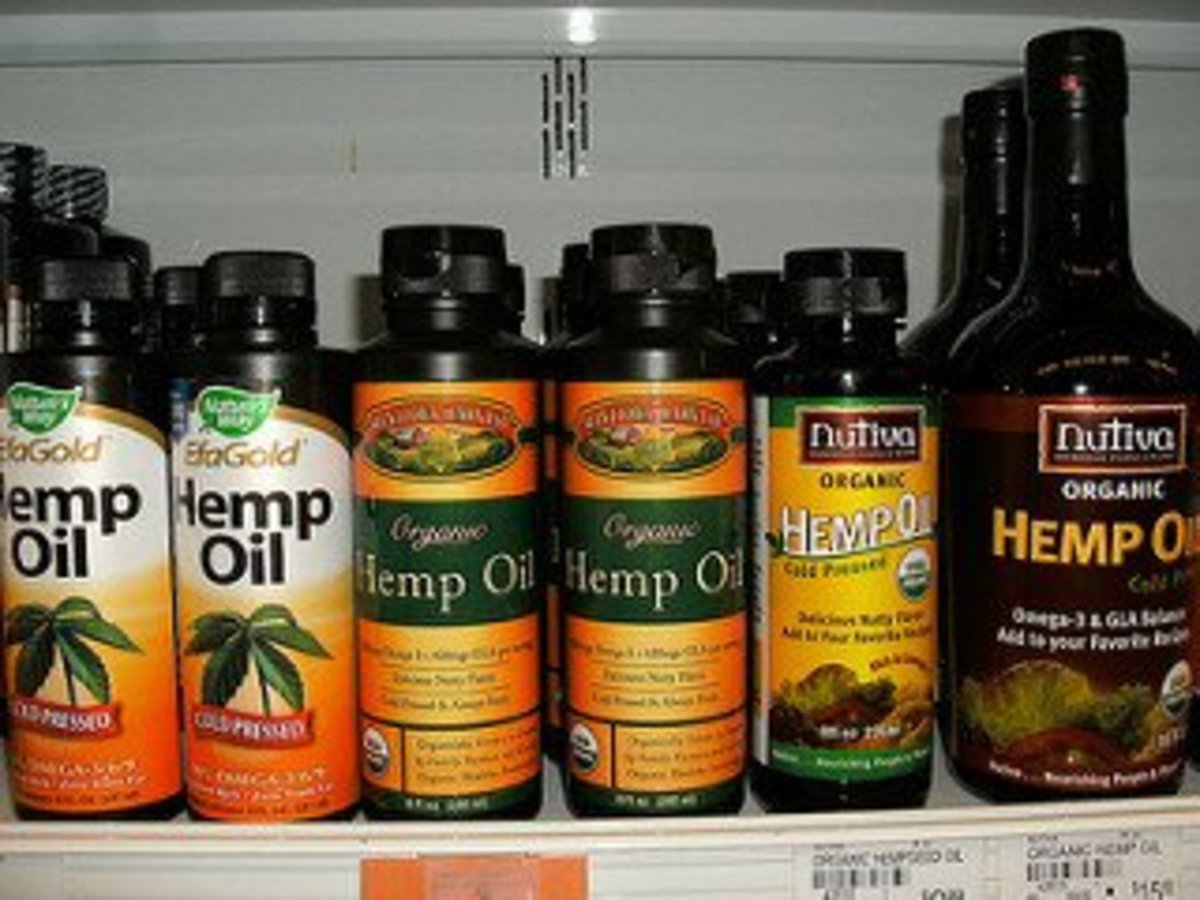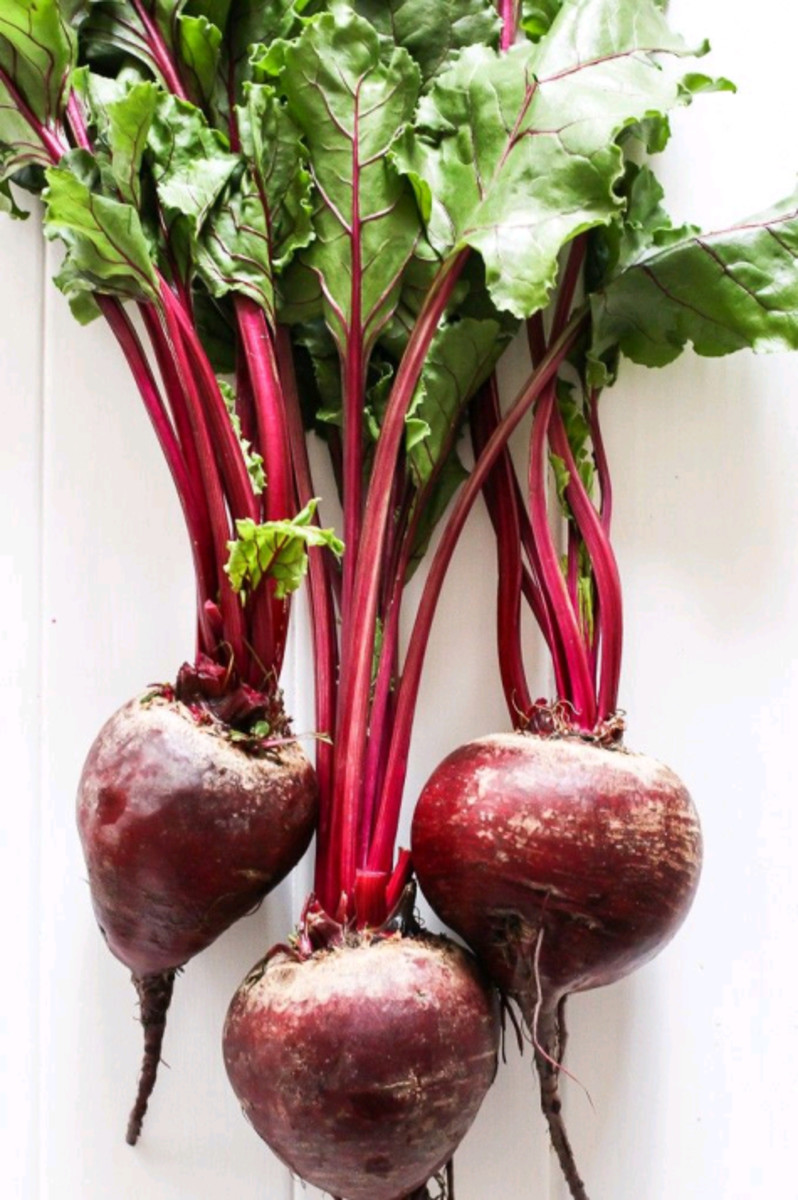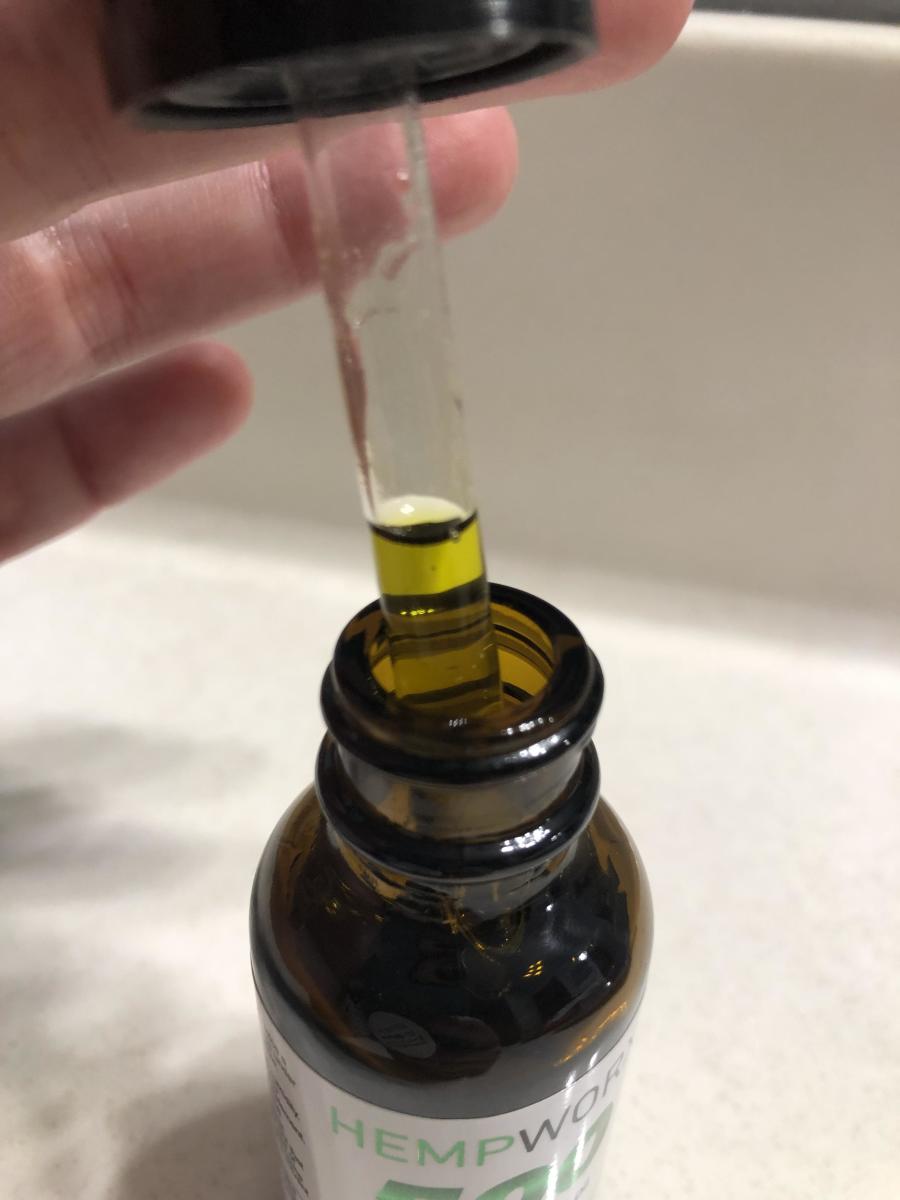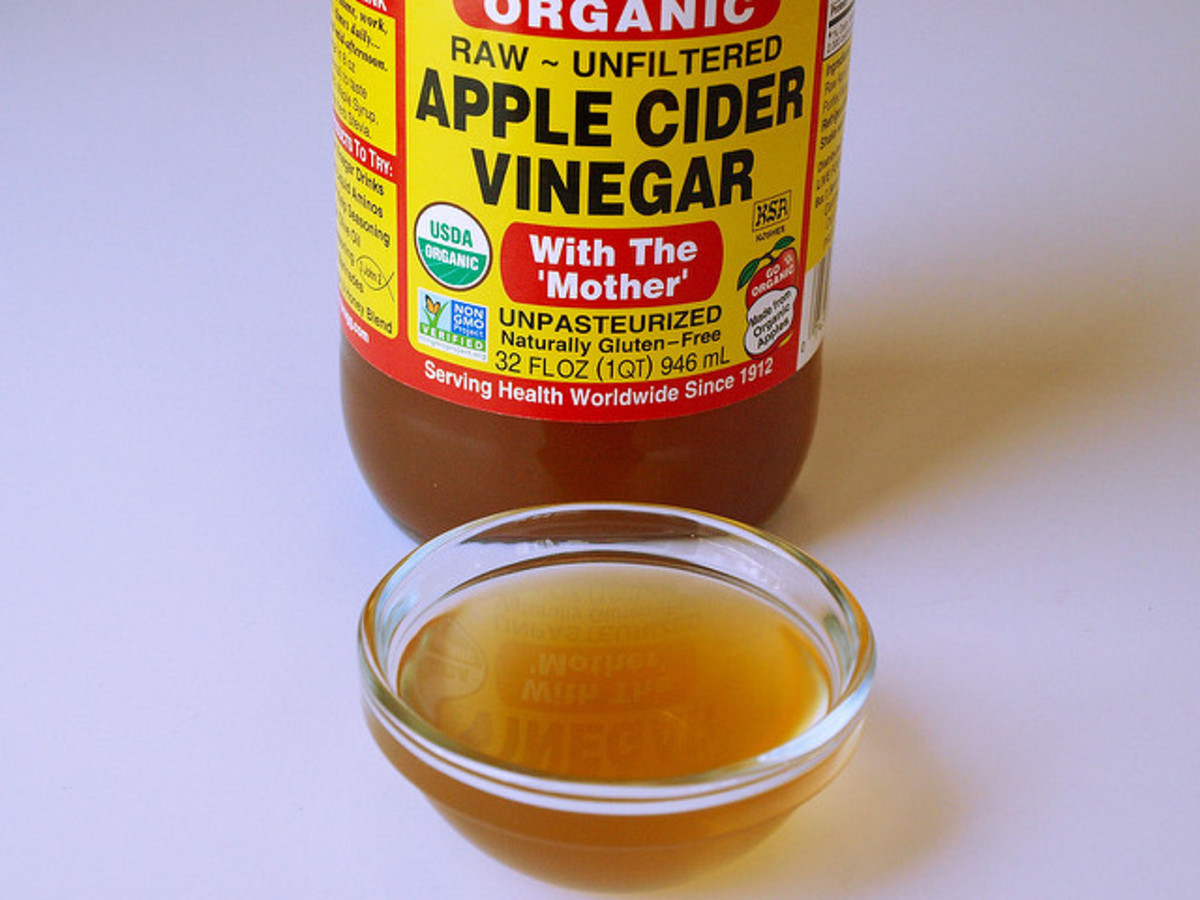The Medical Benefits of CBD
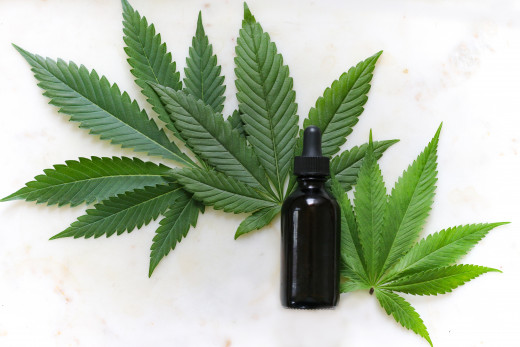
The steady legalization of both recreational and medical cannabis may indicate a sea-change in the US perspective towards cannabis
By now we’ve all known for some time that there are real medical benefits associated with cannabis, and unique chemical compounds found only in cannabis have been singled out for their potential to benefit the health and wellbeing of humankind.
Of these, none has received more attention from researchers than Cannabidiol, or CBD. As we’ll cover below, CBD has been linked to a plethora of health-building benefits, but confusion about this compound also means millions are missing out.
Difference Between THC and CBD
What makes THC have psychoactive effects and CBD have none? It comes down to the understanding of how each works with our physiology. Both THC (tetrahydrocannabinol) and CBD (cannabidiol) are active compounds in cannabis known as cannabinoids.
Thus far, more than 85 cannabinoids have been identified in the cannabis plant, but CBD and THC are the most common, and the most well-known.
Our bodies naturally contain cannabinoid receptors, known as CB1 (located in the brain) and CB2 (primarily located within the immune system). THC directly engages directly with these receptors, causing an almost immediate psychoactive high.
CBD, on the other hand, engages with the receptors indirectly, binding at a different site on the receptor, which is something scientists refer to as allosteric modulation. By attaching in this way, CBD doesn’t cause the euphoria like THC; even more, CBD reshapes the receptor, which weaken THC’s psychoactive effect.
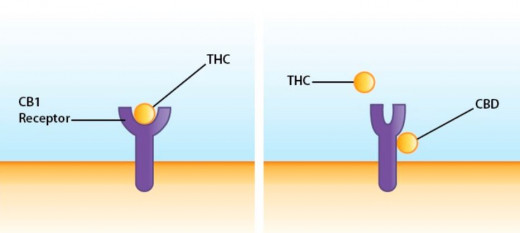
How CBD Interacts with the Body
So while this may explain why CBD doesn’t get you high, it doesn’t explain how it can help the body.
For that, we look back to the CB1 and CB2 receptors.
Both are part of one of the largest systems in the body, the endocannabinoid system, which is responsible for maintaining human health, balancing numerous physiological processes, and regulating nerve and immune responses.
Aside from general cellular regulation, the activation of the CB1 and CB2 receptors has shown the potential to suppress pain and inflammation, which is one building block in CBD’s reputation for pain relief.
Other ways CBD can encourage pain-relief is by acting on other molecular pathways, including TRPV1 receptors, which are also known for mediating pain perception, inflammation, and body temperature.

Medical Benefits of CBD for Mood and Pain Relief
Medical CBD also has the reputation of having a positive effect on mood and feelings of well-being.
Some researchers believe this is due to CBD’s interaction with the serotonin receptor, 5-HT1A.
Activation of this receptor has been shown to have anti-anxiety and antidepressant effects, which can most certainly serve to provide a sense of well-being and calm.
CBD is widely hailed for its pain-relieving properties, and real science backs this up. CBD has been shown to bind to the cannabinoid receptor CB1, and has been more effective at blocking pain than opioids for some patients. CBD is also a proven anti-inflammatory, which gives it great qualities as a pain reliever and offers a natural alternative to NSAIDs, for example—a class of drugs that many with frequent pain consider essential to daily life.
Medical Benefits of CBD for Cancer Therapy
CBD is proven to be a great appetite inducer for those going through chemotherapy, and is now an invaluable resource for many cancer patients.
But, wait, there's more! CBD may also inhibit the growth and spread of certain types of cancerous tumors. Studies have shown that CBD induces cancer cell death, slows cancer cell growth, and inhibits the spread of cancer cells—there is especially promising research using CBD to control breast cancer.
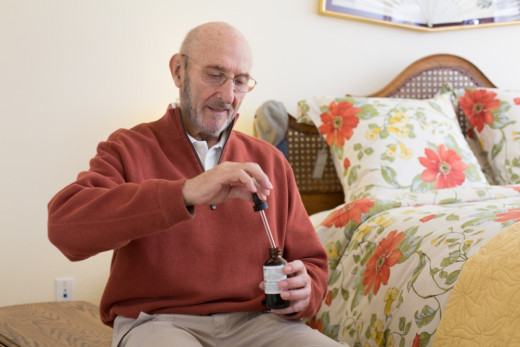
In Closing...
These are just a few of the ways that medical CBD positively interacts with the human body, without producing any psychoactive effects.
Further medical research will continue to expand our knowledge and understanding of this amazing medical tool; and hopefully, even more applications will come to light.
Further Reading on CBD...
This content is accurate and true to the best of the author’s knowledge and does not substitute for diagnosis, prognosis, treatment, prescription, and/or dietary advice from a licensed health professional. Drugs, supplements, and natural remedies may have dangerous side effects. If pregnant or nursing, consult with a qualified provider on an individual basis. Seek immediate help if you are experiencing a medical emergency.
© 2019 Cee

